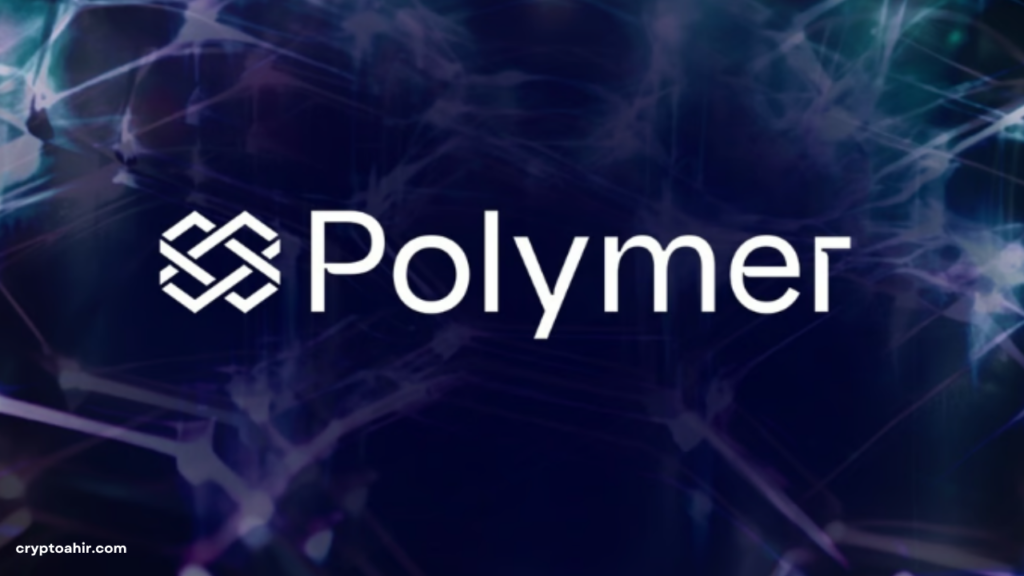The blockchain infrastructure company Polymer Labs has introduced Polymer Hub, a real-time interoperability protocol intended to link Ethereum rollups, on the mainnet.
According to the study, there is an interoperability bottleneck since rollup ecosystems have traditionally only interacted within their own walled gardens. The team claimed in a statement sent to The Block that although real-time, high-throughput rollups are imminent, existing interoperability standards aren’t designed to manage heavy traffic over hundreds of rollups.

Beginning with the OP Stack ecosystem, which consists of Layer 2s like the OP Mainnet, World Chain, and the Coinbase-incubated Base network, Polymer Hub seeks to make cross-chain interoperability as quick, effective, and economical as blockspace itself.
MegaETH and other next-generation rollups have also shown support for the initiative. According to MegaETH co-founder and CTO Lei Yang, “Real-timeness, the ability to react to inputs with ultra-low latency at massive scale, will enable truly ground-breaking decentralized applications.” “It will take a team effort to prepare the infra stack for this revolution, and Polymer’s real-time interoperability will be essential.”
The launch follows almost two years after Polymer Labs secured $3.6 million in seed investment to create its Ethereum interoperability center, and $23 million in a Series A fundraising round disclosed in January. Coinbase Ventures, Placeholder, Digital Currency Group, North Island Ventures, and Figment Capital were among the investors in the Series A round, which was co-led by Blockchain Capital, Maven 11, and Distributed Global.
The operation of Polymer Hub
Polymer Hub makes use of IBC, a protocol that allows for safe communication across blockchains and was created by the Cosmos ecosystem. In comparison to existing systems, this improves cross-chain communication speed, bandwidth, and cost by enabling applications to prove any arbitrary state across rollups with minimal overhead.
For real-time communications, it makes use of sequencer pre-confirmations, which correspond to the next-generation rollups’ very instantaneous block timings. EigenDA is also used by Polymer to increase cross-rollup capacity for use scenarios with large amounts of data on the chain.

Furthermore, Polymer Hub asserts that it is the first interoperability solution to offer re-org protection, assisting solver networks and token bridges in settling cross-chain transactions in milliseconds and instantly reverting if they diverge from Ethereum’s Layer 1 history.
In the end, Polymer intends to provide real-time interoperability to all Ethereum rollup ecosystems, allowing for quick and economical application scaling for use cases like as ride-sharing and high-volume e-commerce that are constructed with cloud architecture onchain.
Making encryption viable again requires developing interoperable apps that don’t compromise on latency or cost. This connective layer must be as reliable and safe at scale as the Ethereum foundation layer itself, and Polymer has been unwavering in realizing this goal,” stated Vikram Arun, co-founder and CEO of Superform Labs.






